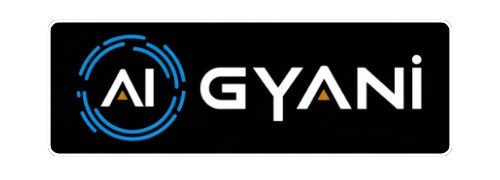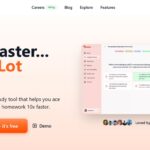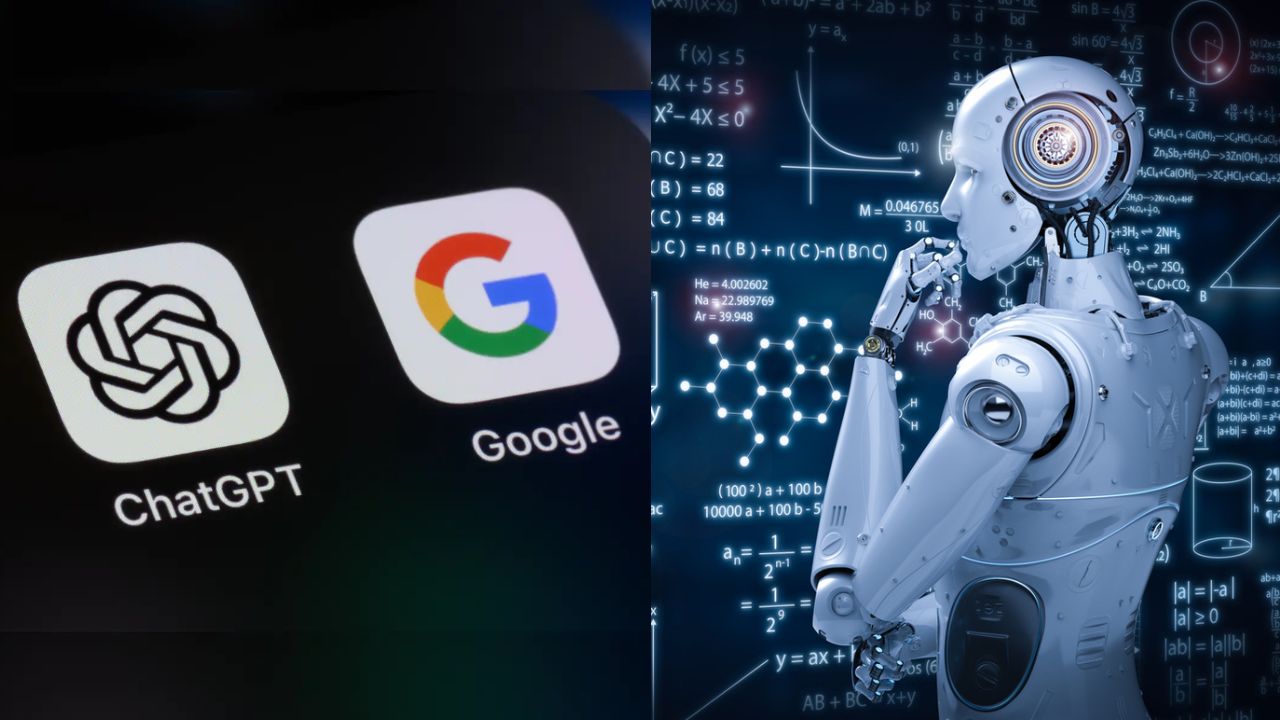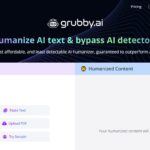We all know AI can write emails, answer questions, and even chat like a human. But solving hardcore math problems? That’s a whole different level.
For the first time ever, AI systems from Google and OpenAI have won gold medals at the International Mathematical Olympiad (IMO) — a prestigious global math competition usually reserved for the brightest high-school minds.
This isn’t just about bragging rights. Experts believe this milestone shows AI is fast approaching the point where it could help real mathematicians solve unsolved research problems.
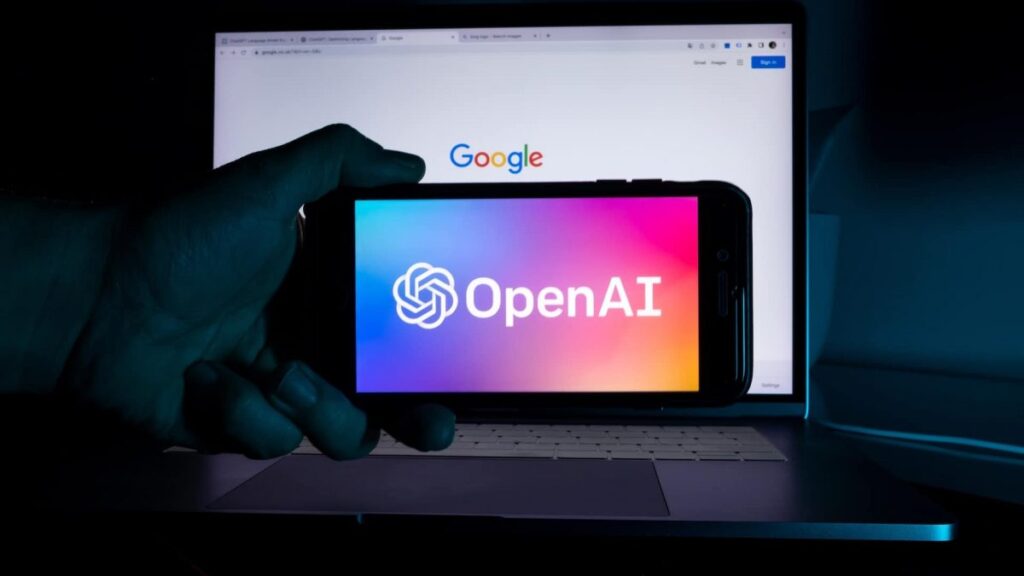
What’s the International Mathematical Olympiad (IMO)?
In case you’re wondering, the IMO is like the Olympics of math for high school students. Students from all over the world tackle extremely difficult math problems, the kind most adults couldn’t solve even with a calculator. Winning a gold medal at the IMO is considered a huge achievement — it shows a person (or now, an AI) has mastered some of the hardest math challenges out there.
This year, AI didn’t just participate — it excelled.
How Did Google and OpenAI Pull This Off?
Both Google and OpenAI used their most advanced AI models to take on the competition. Unlike older AI systems, these new models are designed to reason in natural language — meaning they “think” in a way that’s closer to how humans understand problems, not just crunching numbers behind the scenes.
Google’s Approach
Google’s AI unit, DeepMind, used a model called Gemini Deep Think. It solved five out of six problems within the official 4.5-hour limit — using only natural language, not complex programming languages. That’s a big shift from the past, where AI needed special tools and custom setups to even attempt these kinds of challenges.
OpenAI’s Strategy
OpenAI also reached gold by building an experimental AI model designed to handle extremely tough problems by “thinking” for longer and running multiple ideas at the same time. This approach required a huge amount of computing power—so much that OpenAI called it “very expensive.” Still, it worked.
Both companies showed that AI can now reason deeply and methodically, not just quickly search for facts.
Why This Is More Than Just a Competition Win
According to Junehyuk Jung, a math professor at Brown University and a visiting researcher at Google DeepMind, this achievement signals something big: AI could soon help professional mathematicians tackle unsolved problems—things humans have struggled with for decades.
And it doesn’t stop at math. Google researchers believe this level of reasoning could apply to other fields too, like physics, engineering, and science research.
What’s Next?
While this is exciting, don’t expect AI to become your math teacher just yet. OpenAI has no immediate plans to release this powerful math model to the public. For now, these advancements are being carefully tested and refined.
But make no mistake — this moment shows how AI is rapidly closing the gap between human-level reasoning and machine intelligence. Where we once thought AI was limited to chatbots and art generators, it’s now stepping confidently into the world of serious academic challenges.
Stay tuned with AI Gyani for more updates on how AI is changing the way we work, think, and solve problems!
